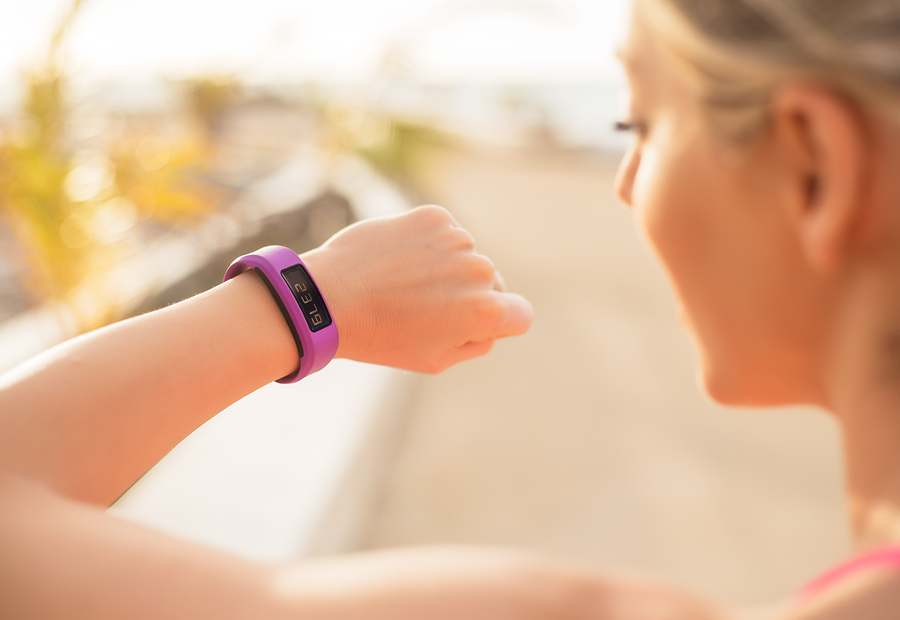Personal health wearable devices used by consumers to track their heart rates, sleep patterns, calories or stress levels may pose privacy and security risks for the individual wearer of these fitness bands. A report by the researchers at the American University and the Center for Digital Democracy (www.democraticmedia.org) sounded the alarm in their recent report on the use of fitness bands and “smart clothing” that are linked to apps and mobile devices. These wearable devices are a growing part of the “connected health” system in the United States that promises consumers more effective and efficient ways to manage their health. The researchers say that the federal laws do not do an adequate job of protecting personal health information of those wearing these devices.
“Many of these devices are already being integrated into a growing Big Data digital health and marketing ecosystem, which is focused on gathering and monetizing personal and health data in order to influence consumer behavior,” the report states. As the use of these devices becomes more common, and their ability to collect data more sophisticated, “the extent and nature of data collection will be unprecedented,” the researchers explained.
Data collection techniques and practices are being developed to include biosensors that track bodily functions and “haptic technology” that enables wearers to “feel” actual body sensations.
The researchers recommend that the government, industry, philanthropy, nonprofit organizations and academic institutions work together to develop a comprehensive approach to ensure health privacy and protection for consumers. These recommendations include:
- Clear, enforceable standards for both the collection and use of information;
- Formal processes for assessing the benefits and risks of data use; and
- Stronger regulation of direct-to-consumer marketing by pharmaceutical companies.
“In the wake of the recent election, the United States is on the eve of a major public debate over the future of its health care system,” the report states. “The potential of personal digital devices to reduce health care spending will likely play an important role,” as lawmakers debate the future of the Affordable Care Act. The report urges lawmakers to establish adequate safeguards, otherwise “consumers and patients could face serious risks to their privacy and security, and also be subjected to discrimination and other harms.”
“Americans now face a growing loss of their most sensitive information, as their health data are collected and analyzed on a continuous basis, combined with information about their finances, ethnicity, location, and online and off-line behaviors,” said Jeff Chester, Executive Director of the Center for Digital Democracy, and a co-author of the report. “Policy makers must act decisively to protect consumers in today’s Big Data era.”
Source: ”Health Wearable Devices in the Big Data Era: Ensuring Privacy, Security, and Consumer Protection,” December 15, 2016 Center for Digital Democracy

